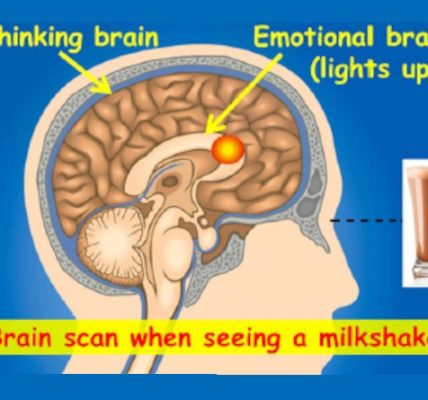Too Much of a Good Thing?

The article under discussion opens by asserting that our brains are “drowning” in a sea of dopamine. But dopamine is cool, yes? It is, after all, the “feel-good neurotransmitter.” What could go wrong?
Part of the problem is, there are many varieties of good which a person can feel. Because of the hyped-up nature of the world these days, we experience less and less of the “walk in the forest” sort of feeling good, and way too much of the “endless rollercoaster ride” type. Another word for this is overstimulation, and the authors, the NeuroLaunch editorial team, point an accusatory finger at the very thing that allowed this article to be both published by them and viewed by us: technology.
The bottom line is, “Our smartphones, tablets, and computers are like little dopamine dispensers that we carry around 24/7.” We are all walking, talking items of drug paraphernalia. And so what? Why would this be a bad thing? What are these people, a bunch of inhibited killjoys who resent the sight of anyone else’s happiness? Besides our tech toys (and yes, even our multi-talented and indispensable communication devices), what else are they against? Answer: foods that are sugary and/or overly processed. Every edible treat is a mixed blessing.
Then, there is the endless quest for novelty, for the next clever mini-surprise or mind-blowing experience, just as long as it offers something different, fresh, and previously unexperienced. Dopamine rushes out to greet it like a long-lost lover. Other than those items, what else in this dopamine-saturation scenario is detrimental to us? Would you believe, substances and substance addiction? Which “play a significant role in dopamine overstimulation.”
Whether it’s drugs, alchohol, or even seemingly harmless activities like gambling, these behaviors can hijack our dopamine system, leading to a vicious cycle of craving and reward.
Let’s pause for a moment to examine just how harmful gambling can be. Oh, wait. Focus… concentration… attention span… sorry, what were we talking about? Right. The shrinking attention span, the loss of focus and concentration, could very well be signs of dopamine overstimulation. And so could mood swings. On Saturday night, a volatile mindset is all well and good, but most of us could get through the remainder of the week much more productively with more equanimity and less “emotional rollercoaster.”
Impulsiveness can be a very charming character trait, but a series of unconsidered calls, and sometimes even one real bad decision, can wreck a life, or at least a year or two of it. When impulsivity crosses over into genuine inadequately-considered risk-taking, it may be a good time to hit the brakes — and sometimes we can’t. That’s a toxic level of impulsivity, which, provably, dopamine overstimulation can bring it about.
What of the inability to fall asleep, or to stay that way? Sleep disturbance is the go-to excuse for a lot of drinking and drugging, which paradoxically might introduce more dopamine to its receptors. But too much dopamine is what can keep a person awake in the first place, so this looks like a potential dilemma.
Sleep disturbances and insomnia are frequent companions of dopamine overstimulation. When the brain is constantly buzzing with activity, it can be difficult to wind down and grab that much-needed shut-eye. And in a normal waking scenario, what about motivation? At first glance, it might seem that the occasional jolt of biochemical bliss could inspire a person to tackle those routine daily obligations with vigor. But “it ain’t necessarily so,” because dopamine can also have a paradoxical effect, turning the daily routine into the daily grind.
A hedonist is devoted to pleasure, but the anhedonic person can’t even feel pleasure. Some don’t seem to mind very much, while others constantly chase it in the form of dopamine “hits.” And just to make things even more complicated, there is the matter of eudaimonia (good-spiritedness), or fulfillment. What if a person could just feel so satiated constantly, that chasing serial episodes of temporary pleasure would lose all appeal? This would be the condition of Buddha-like enlightenment, the ability and the gift to exist in a perpetual state of Enough.
Written by Pat Hartman. First published March 21, 2025.
Source:
“Dopamine Overstimulation: Causes, Effects, and Recovery Strategies,” Neurolaunch.com, October 18, 2024.
Image Copyright: Ivana Tomášková/Pixabay.




